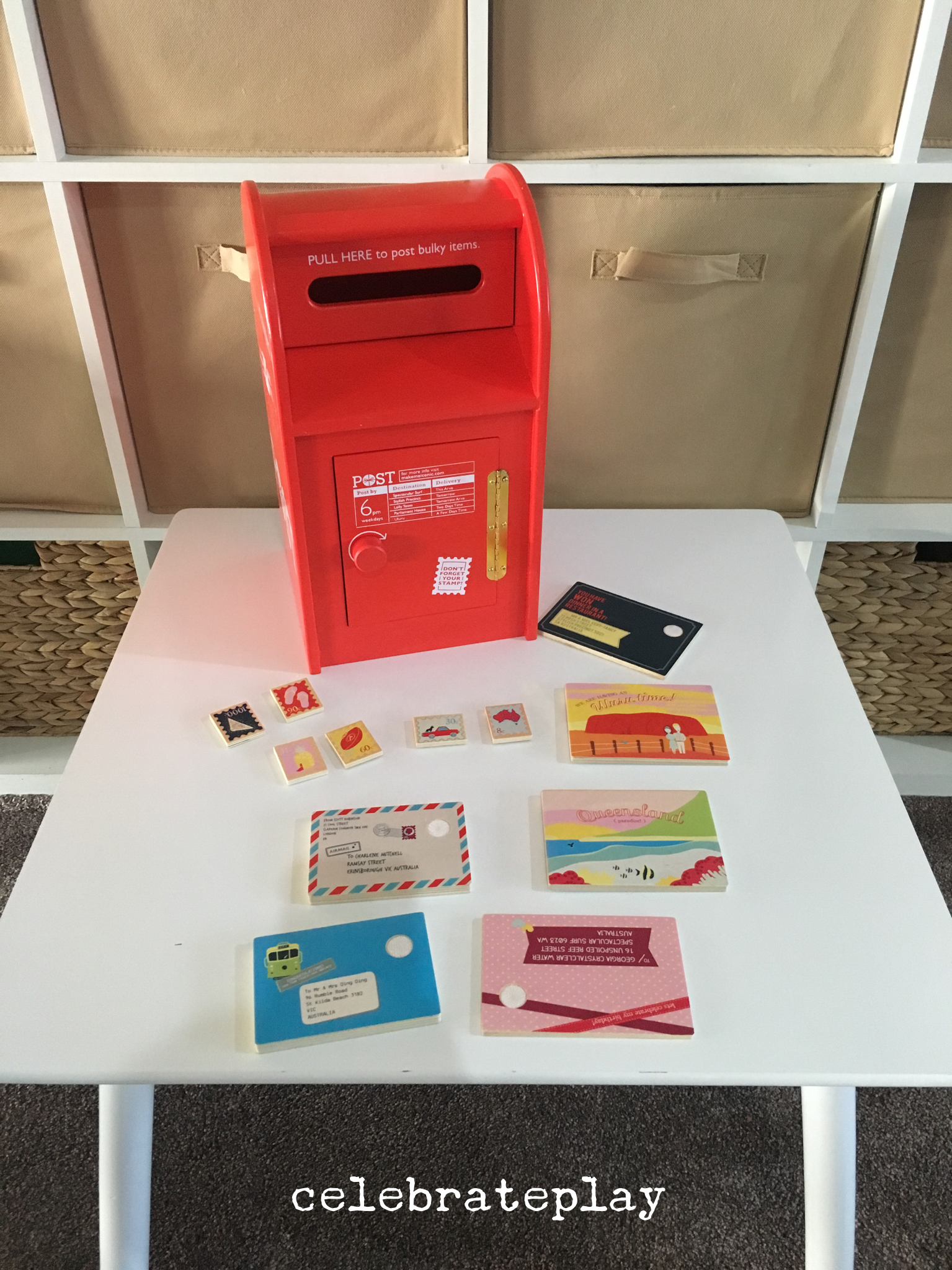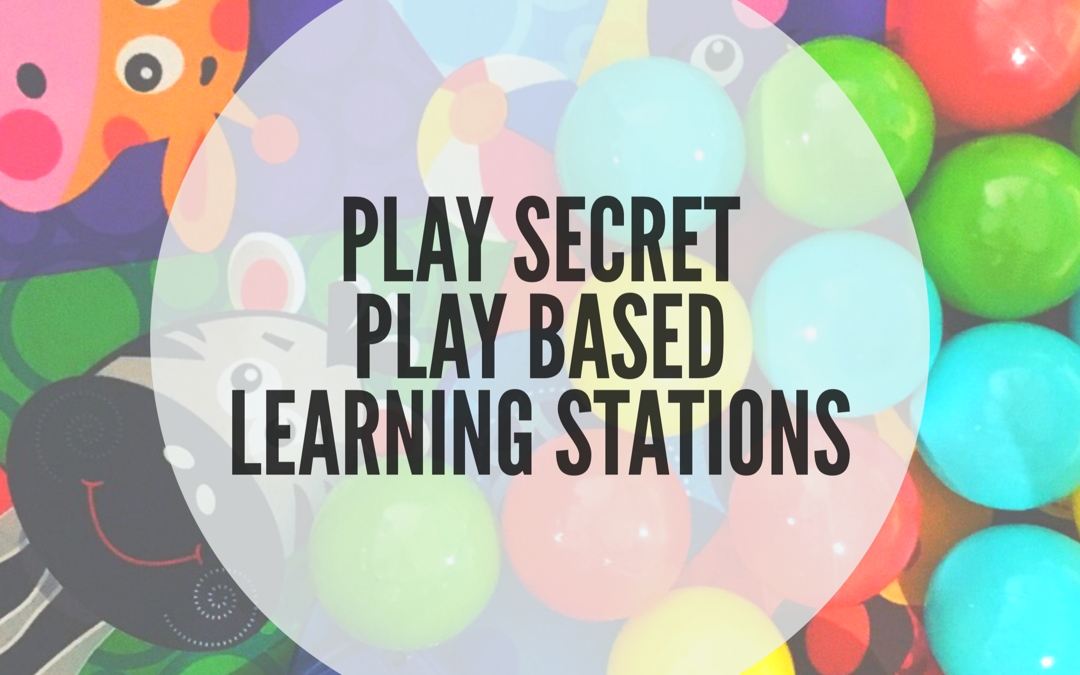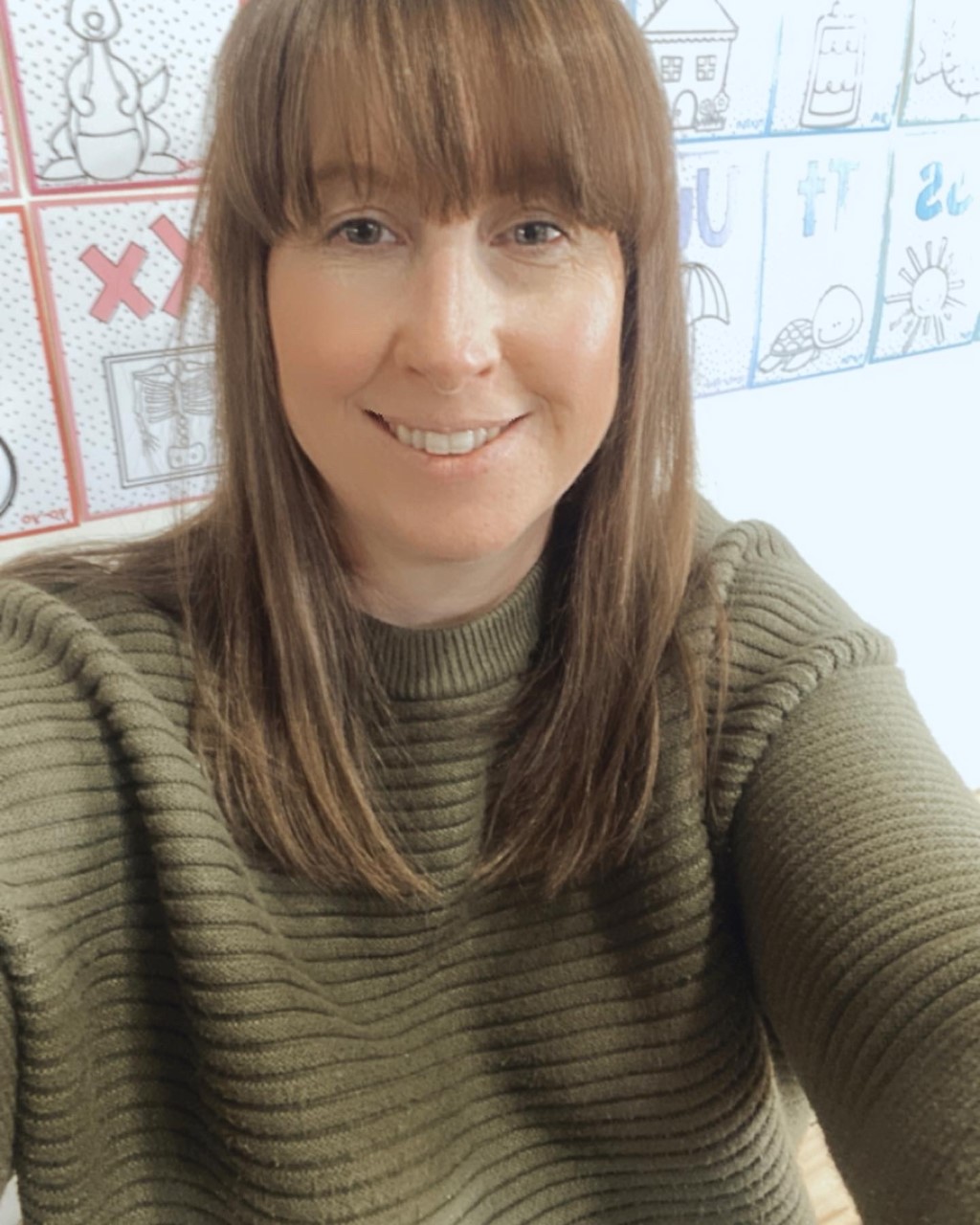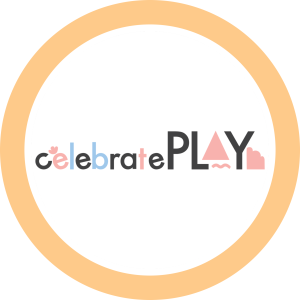As an educator, the importance of play is ingrained in me and I have been able to bring both knowledge and experience into the home and now share with those whom participated in the pop up groups and now for YOU in our //celebrate play// community.
What is Play Based Learning Stations??
A Play Based Learning Station (PBLS) is what we call our play system in the home-it is how we set up play. It focuses on the physical layout of space, furniture and resources aswell as providing children with engaging, interest based and meaningful activities to play in.
How can I implement Play Based Learning Stations in my home?
A PBLS system is designed to utilise what you already have in the home and will involve trial and error. Please don’t be disheartened if at first, it isn’t a raving success. Here are some tips to guide you:
1. Make a list (written or mental, whichever works best for you) of all the resources (toys,games) you have. This list will come in handy throughout the year when you are buying gifts for your children (eg. birthdays, Christmas) as a way of keeping track of what is needed to compliment what is already available, the direction their interests are heading in and what you are keen for them to learn.
2. Once you have this list, write down what play ideas you have in mind that can be created using those very resources and what goal you would like your child to achieve (enjoyment is a given). Eg. a tea set lends itself to tea parties, blocks lend themselves to building, designing in a variety of themes, cars lend themselves to pretend car washes, trips to venues etc.
3. From this list choose four activities to set up in your play space and set them up. Here is a peek at our list to help get you started.
4. Invite your children in for a chat about how the play is going to work. Keep the instructions to a minimum as you are trying to avoid your children tuning out before they can begin. Aim to maintain the initial anticipation.
*FYI -There are two ways in which this can work for you (a) free choice or (b) rotation.
(a)Free choice-each child chooses the order in which they complete/play each activity.
(b)Rotation-each child moves through each activity in the same direction.
You decide which way works best for you and your children. If one doesn’t work then try the other. If at first they don’t work, be persistent and try again. It will take some time for all involved to adjust.
5. Keep these activities up for the day and refrain from packing away their creations (*gallery-a post yet to come) unless it is going to be hazardous.
•If you are in and out of the house having these stations out in your absence allows children to immediately resume their play.
6. Once you have established Play Based Learning Stations that work for you and your family and you feel confident with how it is working, you may move towards having a morning play based routine and an afternoon play based routine where the activities are changed twice a day. Again refrain from packing away your children’s creations unless it is hazardous. They will love waking up to see their efforts on display. Remember to take a photo of their creations before you pack them up so you have a keepsake.
•Moving forward, if you find PBLS are working, you may decide to increase from 4-6 stations.
•And moving from that you may look at adding new resources to maintain engagement and purpose.
If you find things aren’t working the way you had hoped, go back to basics and modify the activities and expectations. And don’t forget you can send us a readers question either on the wall or to our inbox. If you would prefer the post to be anonymous, let me know and I can post it on your behalf. Our tribe of parents have a wealth of knowledge and are sure to be able to help by sharing what works for them. Pop a question in the comments below and #askforhelp.
Some benefits from Play Based Learning Stations are:
•children are learning through play which is an absolute pleasure to see
•a collection of happy snaps recording their achievements
•an inventory list to help plan gifts required for birthday, Christmas and other celebratory events.
•family time for fun
•skills in a multitude of areas-problem solving, turn taking, communication to name a few.




